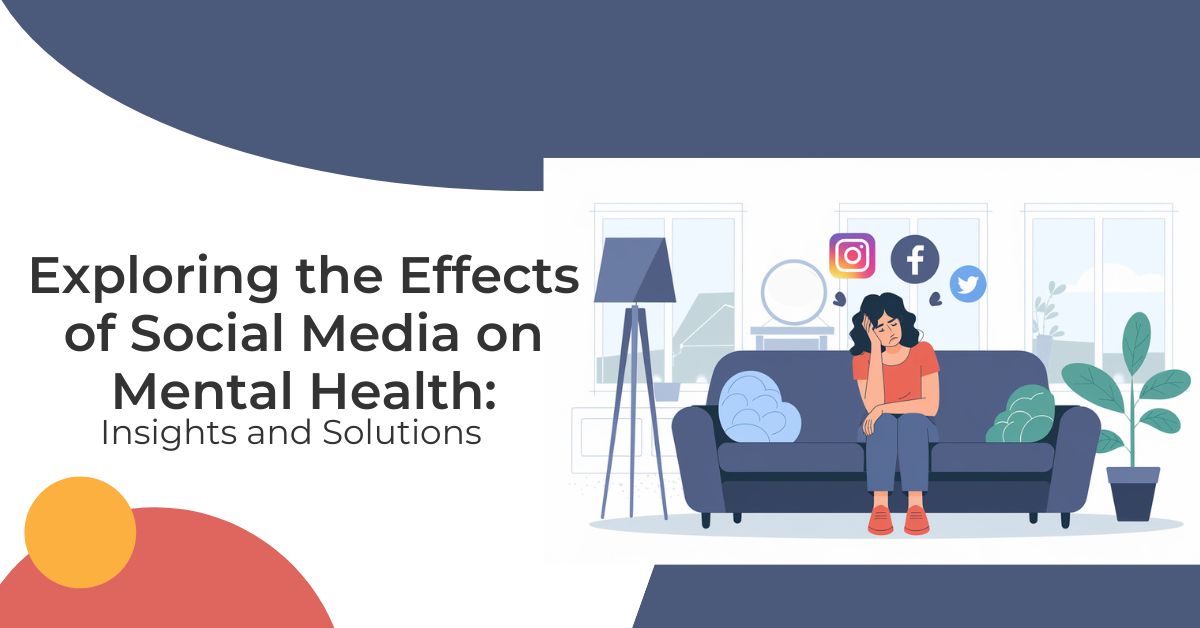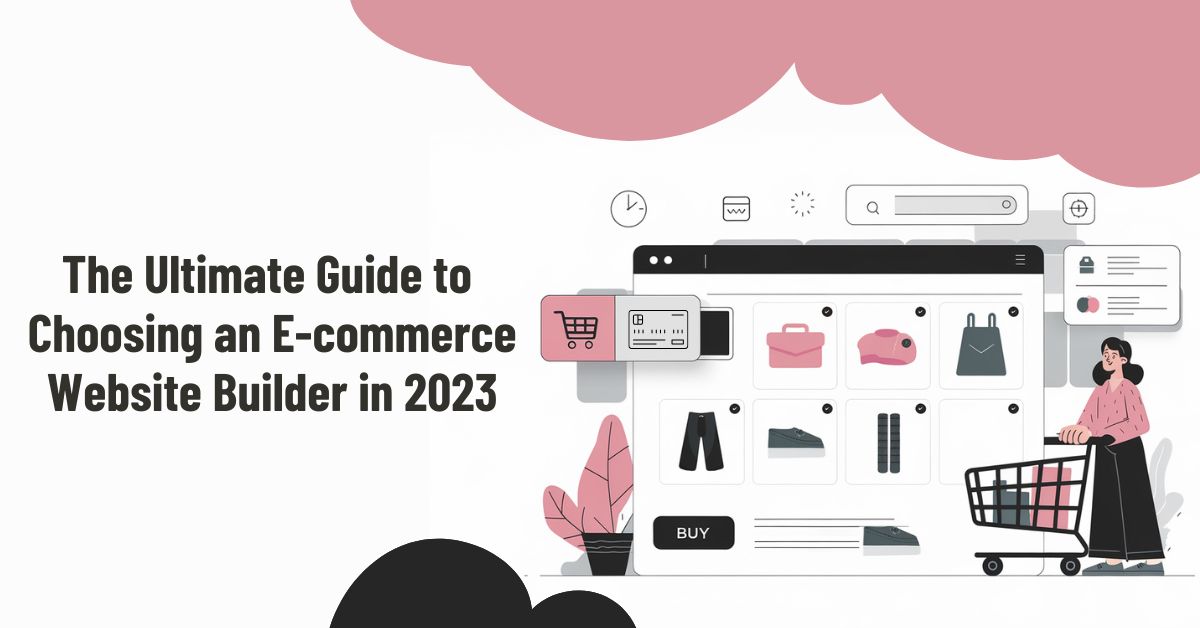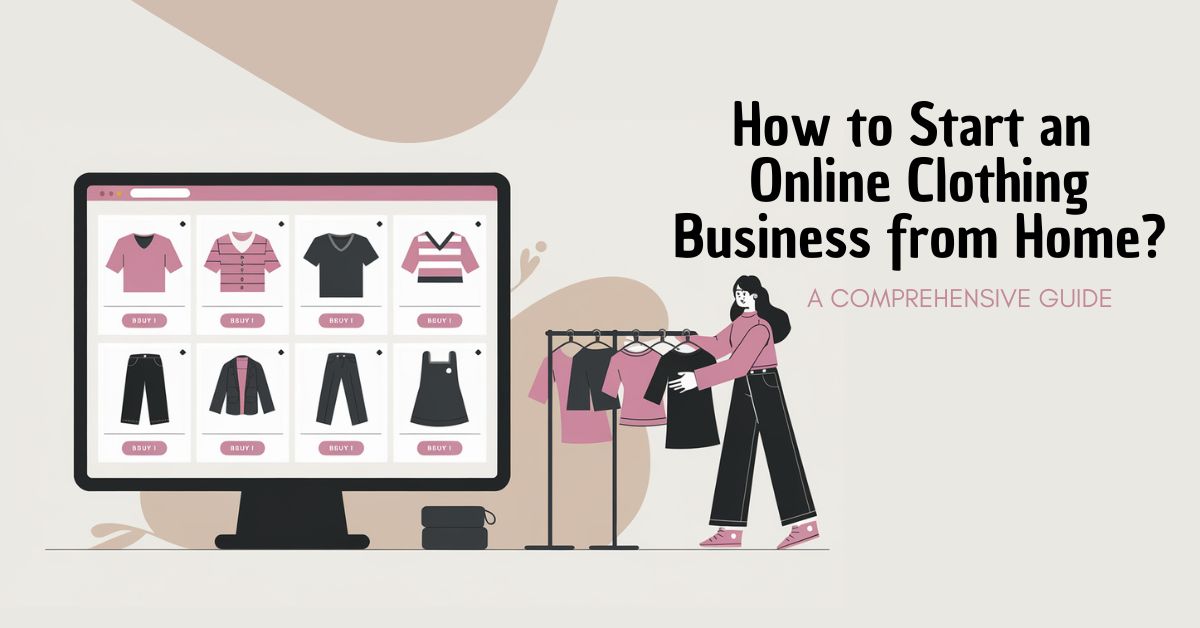Exploring the Effects of Social Media on Mental Health: Insights and Solutions
In today’s interconnected world, social media has become an integral part of daily life, serving as both a platform for personal expression and a hub for global communication. However, as its presence continues to grow, so does the discourse surrounding its impact on mental health. Understanding the effects of social media on mental health is crucial, given its potential to shape societal norms and individual well-being. This exploration seeks to illuminate both the positive and negative consequences, offer insights from psychological studies, and propose effective coping strategies. Join us as we delve into the intricate relationship between social media and mental health.
The Rise of Social Media in Modern Society
The rise of social media over the past decade has been nothing short of meteoric. From its humble beginnings as niche social networking sites, platforms like Facebook, Twitter, Instagram, and more recently TikTok, have transformed into dominant cultural phenomena, boasting billions of users worldwide. As of 2023, reports indicate that over 4.9 billion people, approximately 60% of the global population, use social media platforms regularly. The ease of connectivity, coupled with the incessant advancement in technology, has cemented social media’s role in shaping modern communication and social interaction.
This extraordinary growth in social media usage trends has not only altered how individuals interact but also how they perceive themselves and the world around them. As a conduit for information dissemination and community building, social media’s impact on society and mental health is profound, prompting both admiration and concern.
Positive Effects of Social Media on Mental Health
- Increased Connectivity: Social media offers unprecedented opportunities for connection, enabling individuals to maintain relationships across geographical boundaries, rekindle old friendships, and establish new connections with like-minded individuals.
- Support Networks: Platforms such as Facebook groups and Reddit communities provide spaces where people can find support and share experiences, particularly beneficial for those experiencing mental health challenges or isolating circumstances.
- Mental Health Awareness: Social media has played a pivotal role in normalizing conversations about mental health, promoting awareness, and reducing stigma. Campaigns and influencers advocating for mental health rights have reached broader audiences, fostering environments of empathy and understanding.
The impact of social media on mental health can be undeniably positive, particularly when used to amplify important messages and support systems that foster inclusion and accessibility.
Negative Effects of Social Media on Mental Health
Despite its benefits, the effects of social media on mental health can also be detrimental, giving rise to various mental health concerns. Several negative implications include:
- Anxiety: The pressure to maintain a curated online presence can exacerbate anxiety, as users strive for perfection in their digital persona.
- Depression: Continuous exposure to highlight reels and success stories can lead to feelings of inadequacy or depression, as individuals compare themselves unfavorably to the seemingly ideal lives portrayed online.
- FOMO (Fear of Missing Out): Social media frequently presents images of exciting events or gatherings, fostering feelings of exclusion or FOMO among users who perceive themselves as left out or marginalized.
Such adverse effects of social media on mental health underscore the importance of consciousness and caution in digital engagement, underscoring the need for strategies to mitigate these impacts.
Psychological Studies on Social Media and Mental Health
“Our findings indicate a significant correlation between prolonged social media use and increased rates of anxiety and depression, particularly among adolescents and young adults.” – John Doe, Clinical Psychologist.
A diverse body of psychological research has emerged, investigating the relationship between social media platforms and mental health outcomes. Studies consistently reveal a complex interplay between social media use and mental well-being. Research conducted by the American Psychological Association highlights that heavy social media users are three times more likely to suffer from mental health issues like depression and anxiety.
Conversely, other studies emphasize context and moderation, asserting that social media’s effects can vary depending on individual predispositions and usage patterns. As researchers continue to unearth insights, it becomes increasingly clear that the impact of social media on mental health is intricate and multilayered, demanding careful navigation.
Real-life Stories: Impact of Social Media on Individuals
While statistical analyses provide essential insight into the broader effects of social media on mental health, real-life stories add a human dimension to these findings. Consider Emily, a 25-year-old mental health advocate who found solace and support in online communities during her battle with anxiety. Through sharing her story on Instagram, Emily learned she was not alone, gaining supportive followers and friends who understood her struggles.
In contrast, Mark, a 19-year-old college student, describes his experience with Instagram consumption as increasingly negative. Constant exposure to peer achievements contributed to his depressive symptoms, leading him to re-evaluate his social media habits for improved mental well-being. These personal narratives underscore the diverse experiences of individuals, highlighting both the transformative potential and challenges posed by social media.
Coping Strategies and Solutions for Healthy Social Media Use
- Set Time Limits: Establish boundaries by allocating specific durations for social media use, reducing exposure to potentially harmful content.
- Practice Mindfulness: Engage in mindfulness practices to stay grounded and present, enhancing awareness of emotional responses to online interactions.
- Curate Content: Actively choose to follow accounts that inspire positivity and growth, unfollowing those that trigger negative emotions.
A conscious approach to addressing the effects of social media on mental health is essential for fostering a balanced relationship with digital platforms, prioritizing mental health and well-being.
Conclusion
The exploration of social media’s impact on mental health reveals a dual-edged narrative, characterized by both immense potential and inherent challenges. As social media continues to evolve, understanding its complex relationship with mental well-being is imperative for harnessing its benefits while minimizing risks. Emphasizing balanced social media use and adopting effective coping strategies empowers individuals to navigate the digital landscape with informed awareness and self-care. We invite you to share your own experiences with social media and mental health in the comments below.
We hope this article encourages reflection and dialogue, fostering a community dedicated to exploring and addressing the multifaceted effects of social media on mental health.







